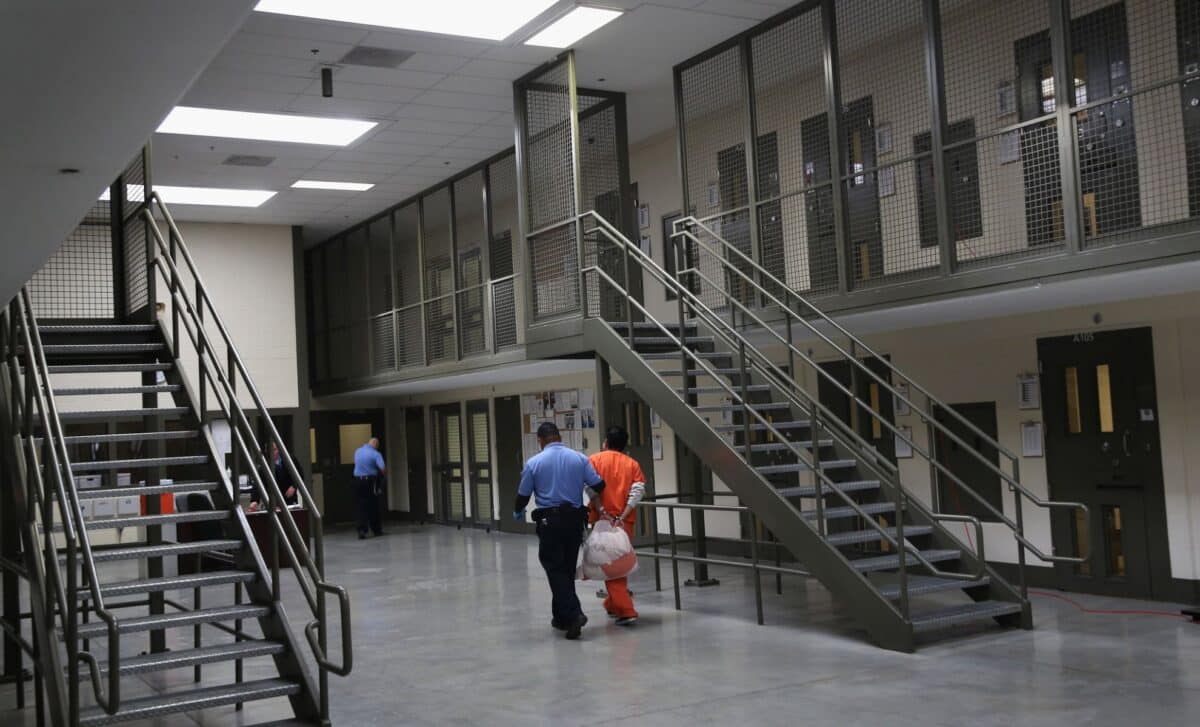Private firms win multibillion-dollar contracts as ICE moves to more than double current capacity. Louisiana becomes the second-largest hub for detainees despite its remote, rural location.
The United States’ immigration detention network, already the world’s largest, is on course for major expansion under President Donald Trump’s new policy drive. Amid rising political attention on immigration control, the administration is seeking to ramp up deportation capabilities and holding capacity nationwide.
As part of Trump’s renewed pledge to enforce mass deportations, Immigration and Customs Enforcement (ICE) is awarding large-scale contracts to private prison operators. These efforts have significant financial implications and raise logistical, legal and ethical concerns, particularly as facilities are increasingly placed in isolated rural areas.
Rapid Expansion Driven by Private Sector Contracts
ICE currently operates over 100 detention facilities, with around 46,000 detainees held across the country.
According to ICE, this figure may soon rise substantially, with procurement notices now inviting bids for infrastructure capable of supporting up to 100,000 beds. The agency’s goal is backed by a $175 billion immigration enforcement bill narrowly approved in the House of Representatives.
Private contractors are central to this expansion. Deployed Resources LLC has been awarded up to $3.85 billion to manage a facility at Fort Bliss Army base in Texas, while The Geo Group Inc. and CoreCivic Inc. have secured contracts worth billions more in New Jersey, Michigan and Texas.
Stock prices for both companies have risen sharply—Geo by 94% and CoreCivic by 62%—since Trump’s election, according to market reports.
Acting ICE Director Todd Lyons, speaking at a border security conference in Phoenix, said the agency aims to “get better at treating this like a business,” likening deportation logistics to the delivery model of Amazon. Lyons noted the challenge of coordinating global deportations efficiently and at scale.
Rural Louisiana Becomes a Key Detention Zone
Although far from the U.S.-Mexico border, Louisiana has emerged as a central node in the federal detention network.
ICE took over five decommissioned criminal jails in the state in 2019, capitalising on low labour costs, supportive political conditions and unused prison infrastructure. Today, Louisiana ranks second only to Texas in available bed space for detainees.
Detention facilities in Louisiana are typically located in remote rural areas, including towns like Jena—220 miles from New Orleans.
According to the American Civil Liberties Union of Louisiana, this geographic isolation makes it difficult for detainees to access legal counsel or maintain family connections. Critics argue this isolation may discourage detainees from appealing deportation decisions.
Furthermore, legal experts such as Tulane University’s Mary Yanik have pointed out that placing centres within conservative judicial districts may reduce detainees’ chances of successfully challenging their detention.
Video conferencing has partially addressed access issues but is seen by some, including immigration lawyer Homero Lopez, as a “dehumanising” substitute for in-person hearings.









